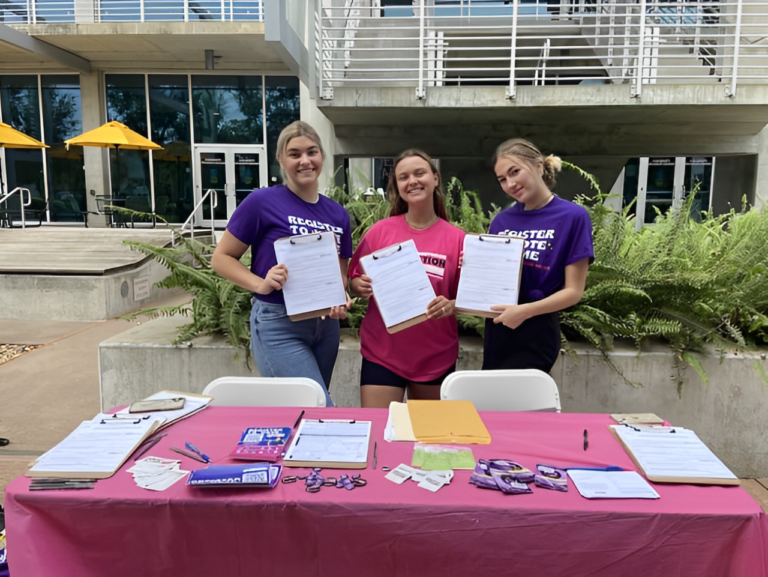Florida Athletic Director Scott Stricklin has recently provided intriguing comments regarding the potential inclusion of Florida State University (FSU) in the Southeastern Conference (SEC). As FSU is entangled in a legal battle with the Atlantic Coast Conference (ACC) over its Grant of Rights, Stricklin’s remarks suggest he is open to the idea, albeit non-committal at this stage.
Speaking about FSU’s possible future in the SEC, Stricklin maintained a diplomatic tone. “We have a good relationship with our friends in Tallahassee,” he began, acknowledging the historical and geographical ties between the University of Florida and Florida State. However, he quickly shifted to the procedural aspects of conference expansion.
“No school has a veto in this league. If you get ¾ of the league to support expansion, we’re going to expand. Anybody who made our league better, we’d be supportive of joining the SEC.”
This statement highlights the collective decision-making process within the SEC, where a supermajority vote among member schools dictates expansion decisions. Stricklin elaborated on the criteria for considering new members, reflecting on past expansions:
“Whenever we’ve expanded in the past, the leadership of the league was able to lay out this is why it makes sense to bring in Arkansas & South Carolina; A&M & Missouri, why Texas & OU make sense. We all saw financial projections, competitive rationale, and three-quarters of the league said, ‘Let’s do this.'”

His comments imply that any future expansion, potentially including FSU, would need to present a compelling case that it would benefit the SEC both financially and competitively. “If there were ever opportunities out there — and again, no one has had any conversations — that is the scenario where somebody walks in and says, ‘Here’s a school, here’s what they bring to the table, here’s how it makes us all better.’ We would be supportive of that.”
Despite Stricklin’s openness, sports analyst Brett McMurphy offered a contrasting perspective on The Paul Finebaum Show. He suggested that the SEC might not be as interested in FSU as some might assume.
Instead, the conference might focus on expanding into new markets, specifically targeting the states of North Carolina and Virginia. This strategic move would extend the SEC’s footprint into untapped regions, potentially bringing in significant new television markets and revenue.
If the SEC opts to pursue schools in North Carolina and Virginia, it could leave the door open for the Big Ten to make a bold move into the southeastern United States by courting FSU and Clemson. Adding these two prominent southern schools could enhance the Big Ten’s reputation and financial standing, creating a truly national conference with powerhouse teams from the Midwest, West Coast, and the South.
Read More: One of The Bronx’s Just 2 Movie Places Is Shutting Down. Here’s Why.
Terrifying Attack: NYC Subway Passenger Targeted with Flaming Liquid Assault!
A Mom from Orange County Talks About Her Touching Experience as A Foster Parent!
Speculation around conference realignment continues to stir debates among college sports fans and analysts. Stricklin’s comments, while non-committal, keep the door open for FSU’s potential future in the SEC, contingent upon demonstrating substantial benefits to the league. Meanwhile, McMurphy’s insights suggest a broader strategic consideration at play as conferences vie for dominance in the evolving landscape of college athletics.







+ There are no comments
Add yours